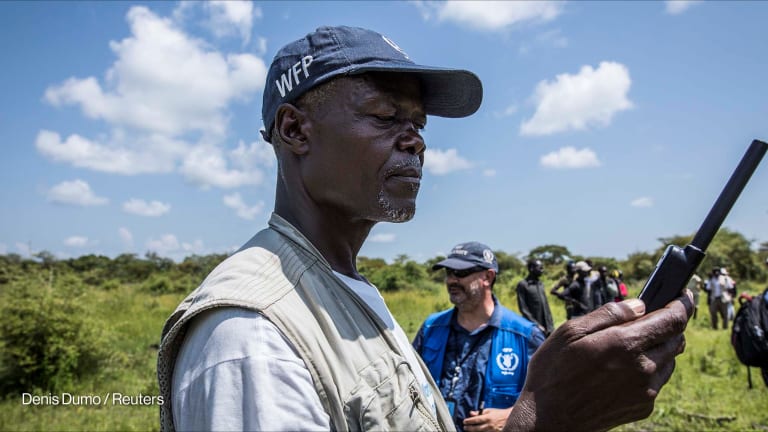Scaling up cash-based assistance has proven to be a widely popular trend in the development community, with organizations such as the World Food Programme and the U.N. Refugee Agency boosting their ability to provide monetary aid in catastrophic situations.
Cash-based aid can be deployed in the form of paper money, credit cards, gift cards and mobile money transfers by phone.
The shift stems from the signing of the “Grand Bargain,” a document created by more than 30 international member organizations at the first-ever World Humanitarian Summit last May. This agreement designated cash-based assistance as the default method of support for people in emergencies wherever possible. Since then, the use of cash as a substitute for food — and a means to buy it as well — quickly became recognized as an efficient way to meet other basic needs, including buying nonfood items or services such as medical care.








